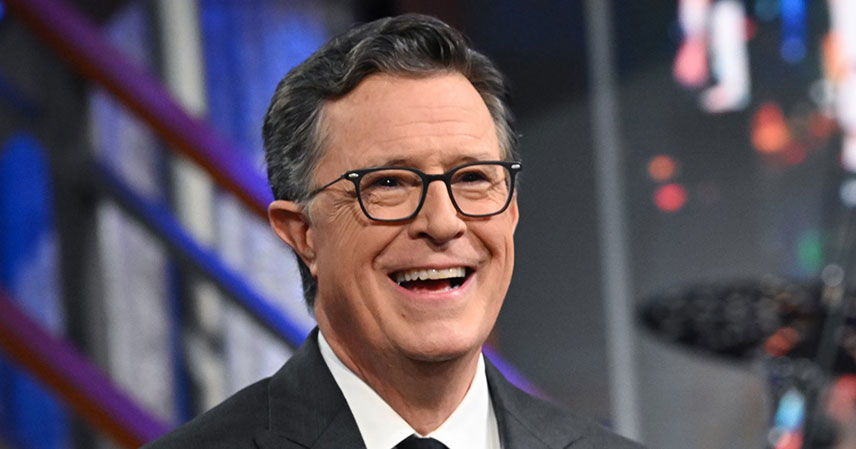After 32 years of late-night laughs and insightful interviews, The Late Show with Stephen Colbert has come to an end. The decision, announced amidst the Paramount-Skydance merger, has sparked considerable debate and criticism. The cancellation wasn’t a spontaneous choice; it was a strategic move born out of the evolving media landscape and significant financial pressures facing traditional television formats. This blog post delves deeper into the reasons behind this controversial decision and explores its implications for the future of late-night television.
The Paramount-Skydance Merger and its Impact 🤝
The recent merger between Paramount and Skydance, a major media conglomerate, significantly reshaped the entertainment industry. This merger brought about significant changes in corporate strategy, impacting various aspects of Paramount’s programming. The cancellation of The Late Show, a long-standing and recognizable brand, highlights the dramatic shifts occurring within the media world as companies adapt to changing viewer habits and economic realities.
What Happened? 📝
CBS chief George Cheeks, in a press conference following the merger, publicly addressed the cancellation of The Late Show. He cited the challenging financial climate facing the late-night talk show format as the primary reason. The statement suggests that the cost of producing a high-quality late-night program, coupled with declining viewership and the rise of streaming platforms, made the show financially unsustainable in the long term.
The Financial Headwinds Facing Late-Night Television 💰
The late-night television landscape is undergoing a dramatic transformation. The rise of streaming services has fragmented the audience, leading to a decline in traditional television viewership. Producing a daily late-night show involves significant costs, including salaries for writers, staff, and the host, as well as set design, production, and marketing. These expenses, coupled with decreasing advertising revenue, create considerable financial pressure on networks.
Furthermore, the competition for viewers is fierce. Streaming platforms offer a vast library of content, including late-night comedy specials and stand-up routines, often at a lower cost than traditional cable television subscriptions. This makes it increasingly difficult for late-night shows to attract and retain a sizable audience.
The Changing Landscape of Television Consumption 📺
The way people consume television has changed drastically in recent years. Streaming services such as Netflix, Hulu, and Amazon Prime Video offer viewers on-demand access to a wide variety of content, anytime, anywhere. This shift has significantly impacted traditional television viewership, forcing networks to adapt their programming strategies to remain competitive. The cancellation of The Late Show reflects this broader trend of shifting viewing habits.
The Future of Late-Night Television 🤔
The cancellation of The Late Show raises questions about the future of the late-night television format. Networks will need to find innovative ways to produce engaging and profitable late-night programming that appeals to a younger, digitally native audience. This might involve experimenting with shorter formats, incorporating social media, and developing more interactive content.
The decision also underscores the growing importance of data-driven programming decisions in the media industry. Networks are increasingly relying on data analysis to understand audience preferences and to make informed choices about what content to produce and how to distribute it. This data-driven approach is likely to play an even greater role in shaping the future of television.
Key Takeaways 🔑
- Financial pressures were the primary reason cited for cancelling The Late Show.
- The rise of streaming services and changing viewer habits have significantly impacted traditional television.
- The cancellation reflects the evolving media landscape and the need for adaptation.
- The future of late-night television will likely involve innovative formats and data-driven decision-making.
The end of The Late Show with Stephen Colbert marks a significant moment in television history. It serves as a stark reminder of the challenges facing traditional media, highlighting the need for innovation to survive in an ever-evolving landscape now dominated by new formats like the global phenomenon of Chinese short dramas.
Source: ‘The economics made it a challenge’: CBS boss talks Stephen Colbert cancellation



